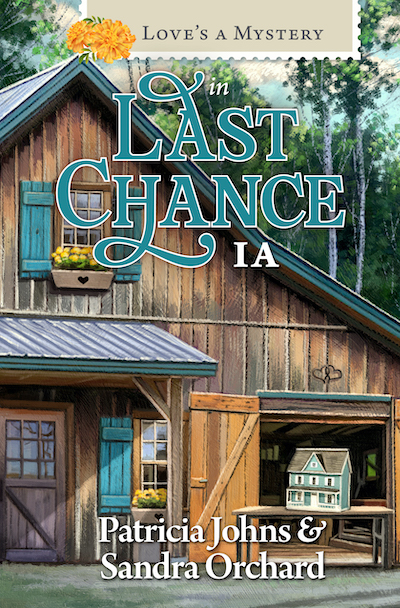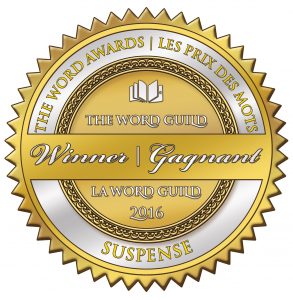Each critically ill patient feels differently about what lengths they’re willing to go to treat their disease. Have you ever given any thought to this question for yourself?
 |
| Image courtesy of vichie81 / FreeDigitalPhotos.net |
It’s a question raised in my October release, Critical Condition, and one I first gave serious thought to while reading through the questions in a do-it-yourself Power of Attorney document soon after losing my mother to a twelve year battle with cancer.
Toward the end of my mother’s life, when it became clear that no traditional treatments were working, she was asked to participate in an experimental treatment study, much like one of the doctors in the story supervises.
For the first time in all the years she’d battled the disease, my mom succumbed to depression.
What we didn’t realize at first was that it was a side effect of the experimental treatment. After a few months it became obvious that the treatment was prolonging her death, not her life.
She no longer found joy in life…not even when her young grandchildren visited, which was not like her.
She made the decision to go off the medicine. All medicine. And for six glorious weeks, she was Mom again. She even returned to work and started golfing. She looked great. She felt pretty good.
Unfortunately, but mercifully, the end came quickly after that. I share this as an example of one scenario and one choice.
My dear writing friend who passed away while I was writing the final draft of this story, had a very different type of cancer which she had battled for two decades. She’d tried many, many different alternative and complementary treatments.
These varied experiences prompted me to ask:
What if a patient, her doctor and her loved ones disagree on what they’ll risk for the chance to be cured?
And so the idea for Critical Condition was born.
Book Blurb: There’s a murderer in the hospital, and nurse Tara Peterson is determined to prove it. With mysterious deaths in the cancer ward, anyone could be next. But no one wants to believe her…except for undercover agent Zach Davis. The murderer wants Tara’s suspicions silenced, permanently. To protect Tara, Zach lets her in on his secret, and unwittingly into his heart. Tara and her three-year-old daughter are like the family he lost years before. Zach will risk everything to keep them safe, no matter the cost.
Your Turn: Have you ever faced life or death decisions when it comes to yours or a loved one’s health? What factors would you consider most important in making a decision for, or against, a course of treatment?










 RSS - Posts
RSS - Posts








Whoa, that’s a hard question to answer…now I’m itching to read your book to see how you tackle it. I honestly don’t know what I’d do–especially if two doctors disagreed. I think I’d have to pray…a lot…and ask God to be incredibly, crazily clear with me…
I have given that kind of question some thought when I see some friends and family go through various treatments. Of course, my thoughts always change.
My f-i-l had chemo and although he is cancer free the side effects of the treatment has lowered his quality of life. I think if he had to do it over again, he wouldn’t.
Again with the deep thinking, Sandra! I’m not sure what I would do — except I’d want quality of life as opposed to quantity of life — just like your mom.
I think Melissa gave the most important criteria in making a decision. Prayer. And the answer will be different for everyone but at least you’d know that your Father in Heaven was walking right along side you and you were doing His will right to the end.
Looking forward to Critical Condition!
My mom wanted no treatments or reviving. It was hard to agree. She wanted it that way. We complied to her wishes.
Sorry for your loss, Loree.
I have not been faced with that kind of decision with a family member, only a pet. It will be interesting to read how you deal with that dilemma in your novel. Good luck, Sandra!
wow, what a great story question, Sandra! Thanks for sharing your personal experience.
I’ve seen you on so many blogs (including the International Christian Fiction one that we’re both on), so I decided it was time to visit. 🙂 Glad to meet another Canadian.
Welcome, Melanie, thanks for stopping by. 🙂
Not life or death, but certainly totally life-altering, and the decision was to take the cure, regardless of the cost (in a number of different areas), because the outcome was far better than not treating. I think that the outcome is critical – as you noted about your mom, prolonging death is not what you want, it needs to be about living life to the end.
Ah, now you’ve raised my curiosity. Lots of good points.